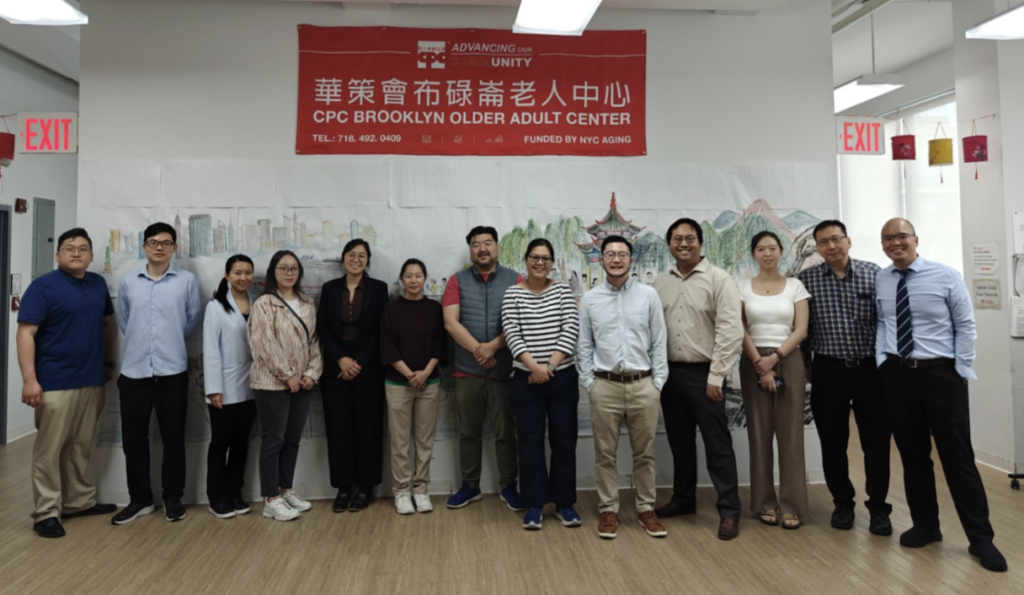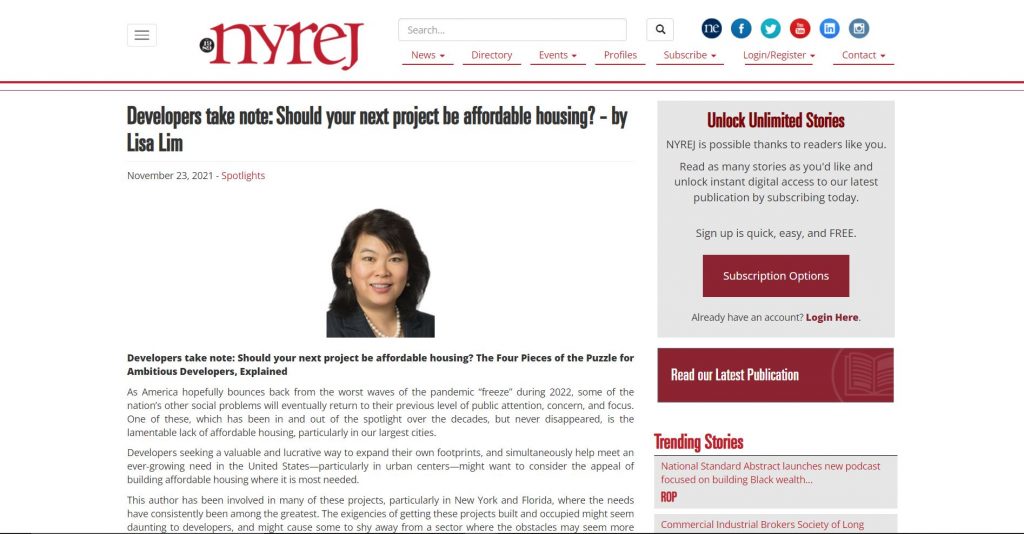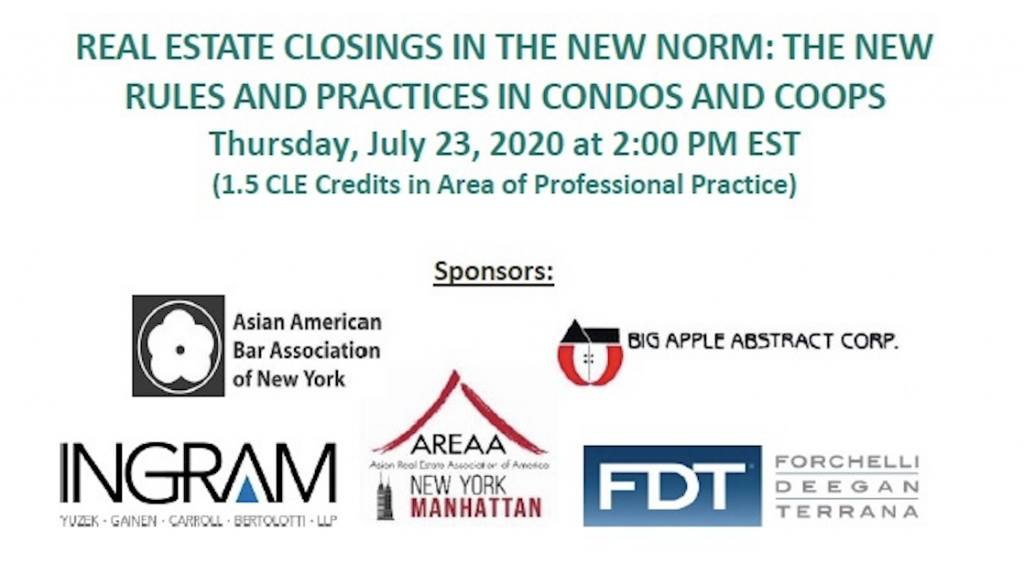
Thank you everyone for joining us at the Brooklyn Pro Bono Legal Clinic on September 7, 2024, co-sponsored by CPC-Brooklyn at their 4101 8th Avenue location. Thanks also to the following co-sponsors: Community Service Committee, Councilman Justice Brannan, State Senator Iwen Chu, Council Member Alexa Avilés, the Parent-Child Relationship Association, the South Brooklyn Community Coalition, Homecrest Community Services, the United Chinese Association of Brooklyn, New York Team Up, and the United Chinese Americans Organizations. We met 16 clients who had questions about real estate, consumer fraud, and immigration issues. Hope you all had a wonderful time learning from one another and informing the community about current laws!
During the pandemic, many people were experiencing difficulties in canceling their gym memberships. Even worse, some clubs would close with limited notice or no notice at all to their customers. Due to reports of deceptive practices in health clubs, the New York State legislature passed the New York Health Club Services Act in 2023 to protect consumers. One of our clients came in to discuss such deceptive practices and the sudden closure of a spa. Under this Act, to protect members who prepay for their memberships, health clubs must file a bond or other type of financial security with the Secretary of State in case the club closes:
- Clubs must mention this bond in all their contracts and must post about the bond in their facilities.
- Clubs do not have to meet this requirement if they do not offer pre-paid memberships, or if payments do not exceed $150, memberships do not exceed one year, and the contract does not contain an automatic renewal provision.
Any contract that does not comply with the New York Health Club Services Act is void and unenforceable. If the health club violated the act, the customer can sue in small claims court and seek treble damages and reasonable attorney’s fees. For information about small claims court, visit https://www.nycourts.gov/courts/nyc/smallclaims/index.shtml .
Thank you to the following volunteers:
| Volunteer Attorneys |
| Anna Chen |
| Chenyi Wang |
| Francis Chin |
| Gary Yeung |
| Kwok Kei Ng |
| May Wong |
| Interpreters & Shadowers |
| Albert Tong |
| Chenyi Wang |
| Jaymark Hawlader |
| Junjie Wang |
| Nandar Win Kerr |
| Wendy Zeng |
| Xiang Li |
| Xing Yang |
Thank you again and please join us at the next clinics:
Manhattan Pro Bono Clinic on September 18th, 2024 at AAFE Community Center, 111 Norfolk St, New York, NY 10002. Sign up here – https://forms.gle/SD2VMY8X6yE4vsxW9
Queens Pro Bono Clinic on October 2nd, 2024 at AAFE One Flushing Community Center, 133-29 41st Ave, 2nd Floor, Flushing, NY 11355. Sign up here – https://forms.gle/5PjG8A73EE1XENyV9













